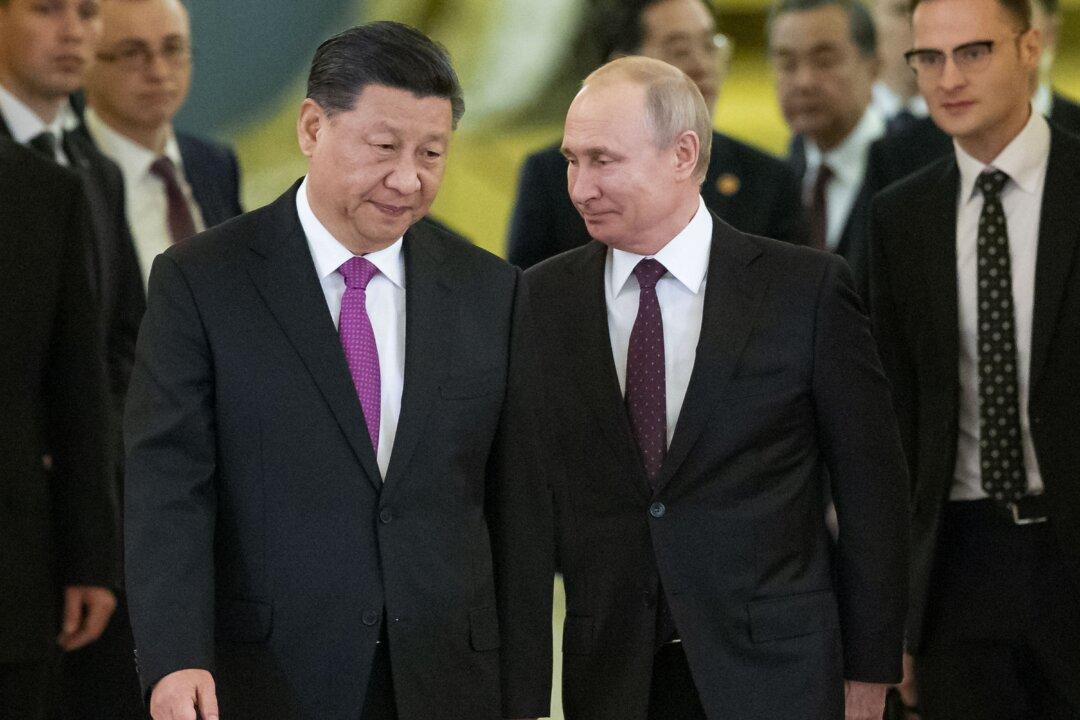Australian Prime Minister Scott Morrison has called the partnership between Beijing and Moscow “chilling” and said it was critical European and Indo-Pacific nations remain clear-eyed on the current global security climate.
Speaking at the Lowy Institute on March 7, Morrison said he was deeply concerned about the similarities he was seeing between autocratic regimes in the Indo-Pacific region and the Russian authorities.




